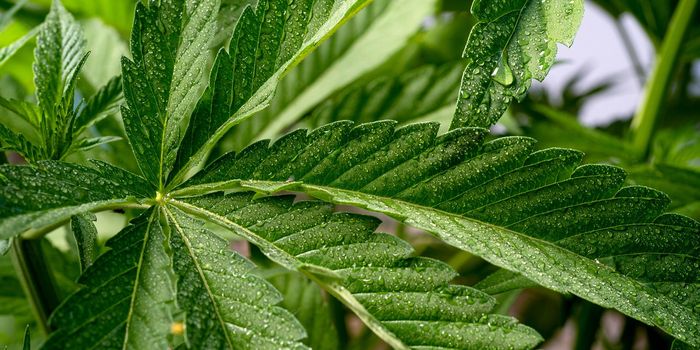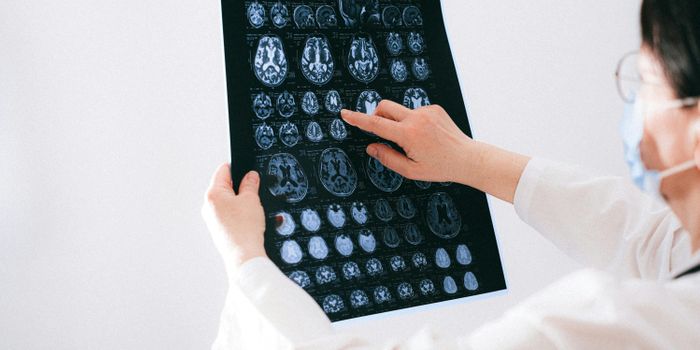CBD Doesn't Reduce Pain, but Makes it Less Unpleasant
While anecdotal reports tout cannabidiol’s (CBD) utility for pain relief, up until now, there’s been limited research on how the drug actually addresses pain. Now, a new study from Syracuse University has found that while CBD may make the experience of pain less unpleasant, it doesn’t necessarily reduce how much it is felt.
Whereas pain is often seen as a phenomenon that is either there or not, it works in more complex ways and is influenced by both psychological and biological factors. For example, although pain intensity is a reflection of sensory pain (such as banging your thumb with a hammer), unpleasantness is considered an 'affective' kind of pain and is based more on emotions associated with future implications.
For the study, the researchers recruited 15 healthy adults to undergo four different experimental sessions to investigate how much CBD's so-called pain-relieving properties rely on expectation and biological mechanisms- as well as how it changes the experience of various kinds of pain.
Participants were randomly assigned to the different experimental conditions. These included testing for expectancy (told they are given active CBD isolate oil, but were really given an inactive oil), drug (told they were given an inactive drug but were really given active CBD isolate oil), 'expectancy and drug' (told they were given active CBD isolate oil and were actually given the drug) and a control (told they received an inactive substance and were given an inactive substance).
The primary outcomes measured were pain threshold, tolerance, intensity, unpleasantness, conditioned pain modulation (how people experience pain in comparison to previous stimuli) and offset analgesia (a disproportionately large reduction in pain perception after a small decrease in temperature during 'pain tests' involving heat).
All in all, the researchers found that participants who were told they had received CBD, even if they hadn’t, saw significant reductions in offset analgesia. However, they noted that ratings of the unpleasantness of pain were significantly reduced among all experimental conditions, apart from the control. The researchers also found that the separate expectancy and drug conditions most significantly improved conditioned pain modulation, whereas the 'expectancy and drug' condition alongside the control saw the lowest change in this metric.
“The data is exciting but pretty complex in that different pain measures responded differently to the drug effect, to the expectancy, or both the drug and expectancy combined—so we’re still trying to figure out what is behind the differential data with different kinds of pain measures,” says Stephen Maisto, one of the authors of the study.
“The next step is studying the mechanisms underlying these findings and figuring out why giving instructions or CBD itself causes certain reactions to a pain stimulus.”
Sources: Neuroscience News, Experimental and Clinical Psychopharmacology









